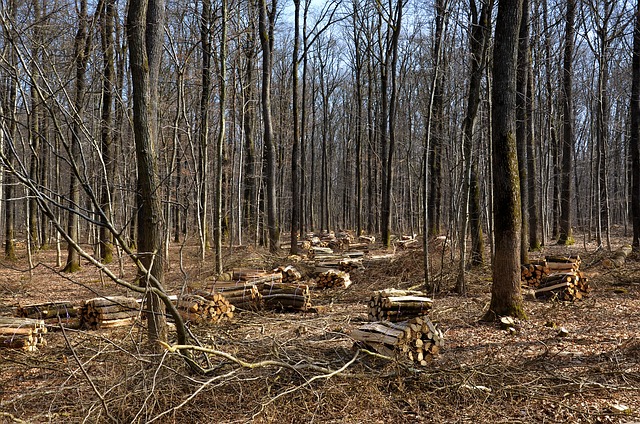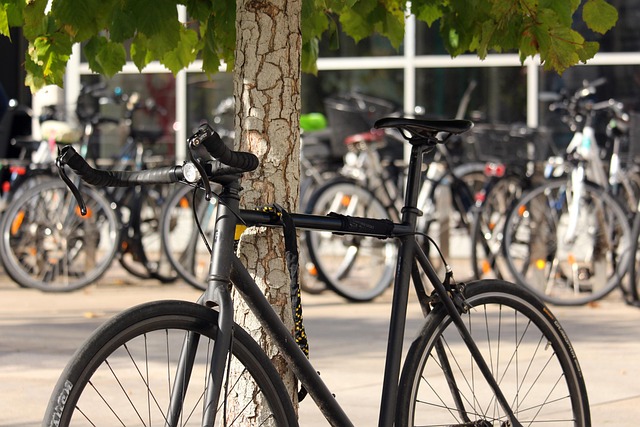Driving Sustainable Economies: The Role of Technology, Etiquette, and Social Trends
In an era marked by climate change concerns and resource scarcity, the pursuit of sustainable economies isn’t just a buzzword—it’s a necessity. At the heart of this transition lies a dynamic interplay between emerging technologies, evolving social etiquette, and prevailing social trends. Understanding how these elements converge offers insight into how we collectively shape a future that honors both economic growth and environmental stewardship.
Harnessing Technology for a Greener Tomorrow
Technology has become the backbone of sustainability initiatives worldwide. From renewable energy innovations like solar panels and wind turbines to precision agriculture enabled by IoT sensors, technology empowers industries to reduce waste and optimize resource use. One exciting advancement is in smart grids that intelligently manage energy distribution, minimizing excess consumption and maximizing efficiency.
Yet, technology alone cannot drive sustainable economies. It must be embraced with conscious habits and cultural shifts that prioritize long-term well-being over short-term gains. When technology is aligned with mindful usage, it transforms from a tool of consumption into a catalyst for regeneration.
Etiquette: The Unsung Hero of Sustainable Change
Social etiquette—how we interact, consume, and respect communal resources—plays a subtle but profound role in sustainability. Simple acts such as reducing single-use plastics at social gatherings, choosing public transportation to meet friends, or supporting local artisans demonstrate a collective etiquette that supports sustainable economies.
As remote work and virtual connections rise, digital etiquette also contributes. Minimizing unnecessary device charging, responsibly disposing of electronic waste, and mindful screen time can collectively reduce carbon footprints associated with our digital lifestyles. These small behavioral adjustments, when widely adopted, ripple into significant environmental benefits.
Social Trends Shaping Sustainable Futures
Societal values and trends act as powerful drivers of sustainable economies. Today’s consumers increasingly demand transparency, ethical production, and eco-conscious brands. Movements like zero-waste living, minimalism, and community-supported agriculture have gained traction, illustrating a collective shift toward valuing quality and sustainability over quantity and convenience.
Moreover, younger generations are embedding sustainability into their identity and purchasing habits, pushing industries to innovate responsibly or risk obsolescence. Social media amplifies these trends, fostering communities that celebrate sustainability and create social pressure for greener economic models.
By acknowledging the intertwined relationship between technology, etiquette, and social trends, we gain a holistic understanding of how sustainable economies can flourish. It’s not merely about adopting new tools or following popular trends but cultivating an ethos of care, respect, and responsibility towards our planet and each other.




